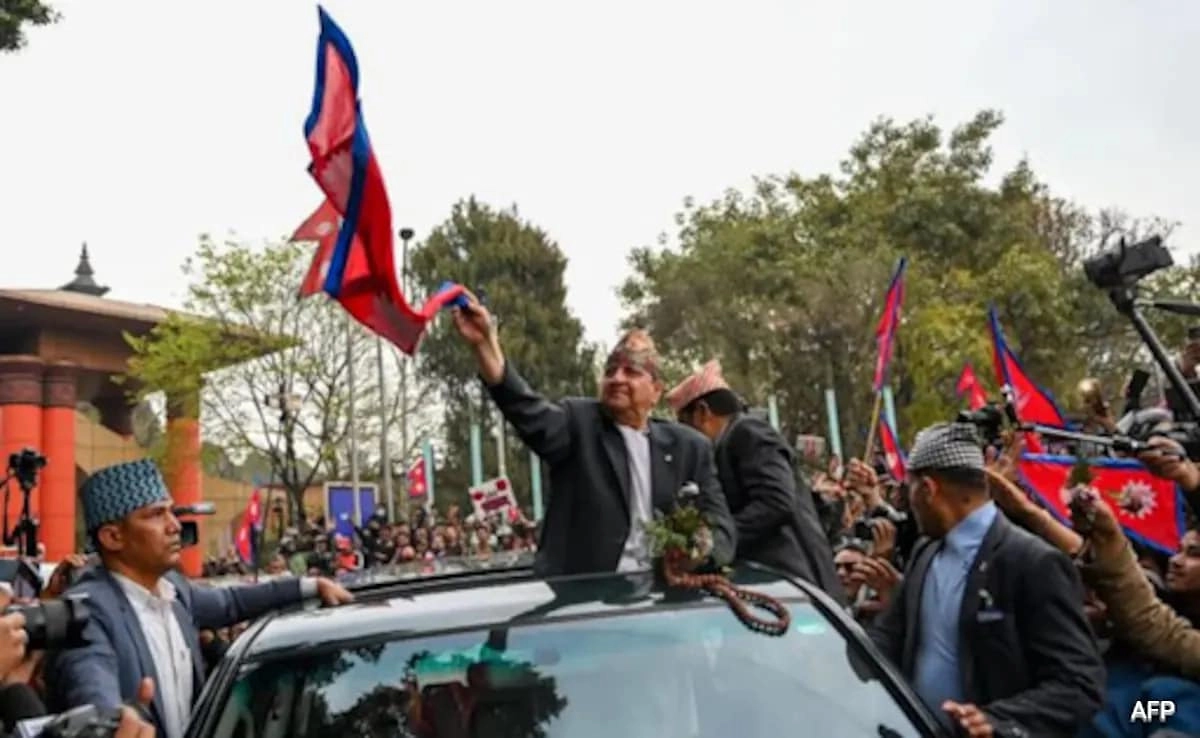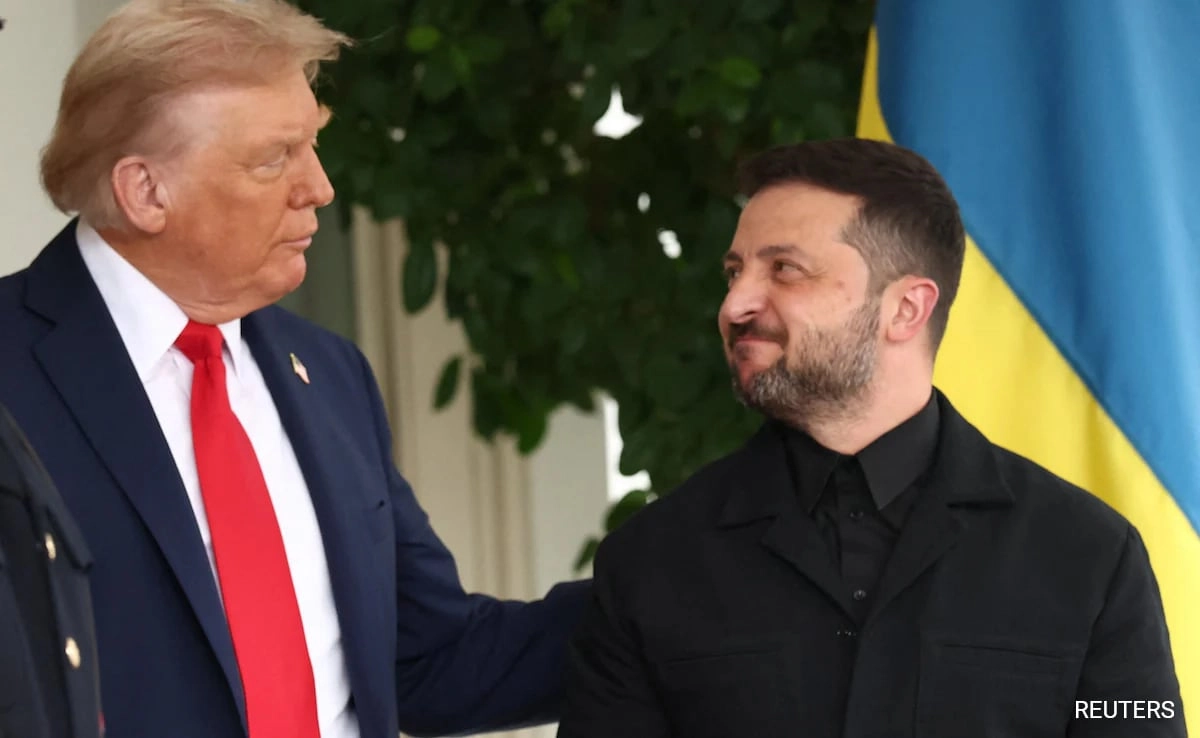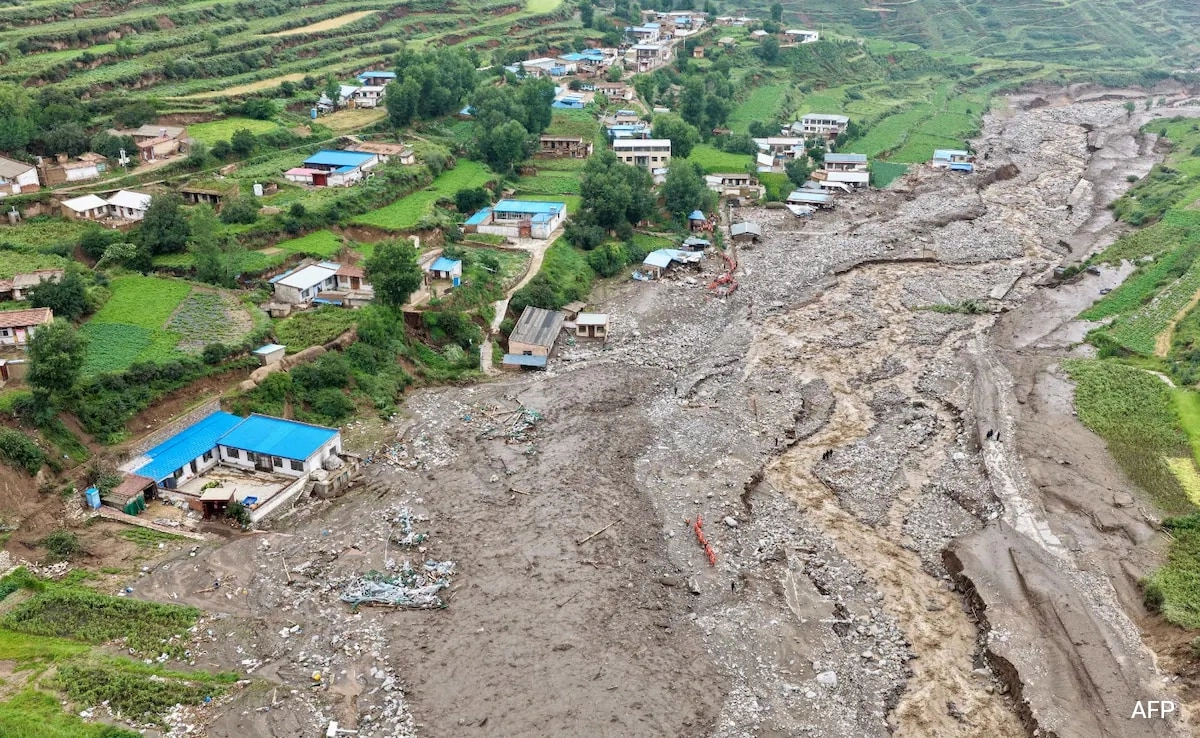Former King Gyanendra Shah of Nepal has recently been fined for his involvement in acts of vandalism that occurred during protests. The incidents in question arose amid widespread demonstrations against the monarchy and calls for the establishment of a republic. As a controversial figure in Nepal’s history, Gyanendra’s actions during these protests have sparked significant public outcry and renewed conversations about the monarchy’s role in the modern political landscape of the country.
The protests, which were fueled by long-standing grievances regarding governance and political representation, saw a considerable turnout of citizens demanding democratic reforms. Gyanendra’s participation added a layer of complexity to an already tense situation, as his presence was interpreted by many as a provocative stance against the republican movement. The vandalism attributed to him involved damage to property and public spaces, which further inflamed tensions between royalists and republicans within the nation.
In response to the vandalism, authorities decided to impose a fine on the former king, a move that underscores the legal ramifications of his actions and the broader implications for the monarchy in Nepal. This fine not only serves as a personal consequence for Gyanendra but also symbolizes an important step in the ongoing struggle between monarchy supporters and those advocating for a republic. The decision to hold a former king accountable for his actions reflects the changing dynamics in Nepal’s political landscape, where the monarchy has become increasingly scrutinized and challenged.
The incident highlights the ongoing debate surrounding the legacy of the monarchy in Nepal and the nation’s journey towards establishing a fully democratic system. With the country still grappling with its past and the role of former royals, the fine imposed on Gyanendra Shah is a reminder of the complexities of Nepal’s political identity. As the country continues to evolve, the actions of figures like Gyanendra will likely remain a focal point in discussions about governance, accountability, and the future of Nepal’s political framework.




